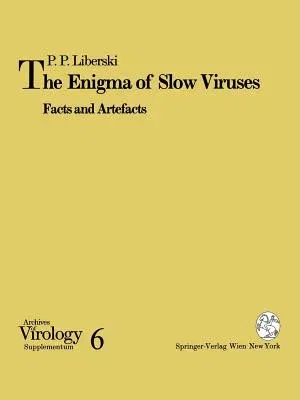Scrapie, a naturally occurring neurodegenerative disease of sheep and
sometimes goats, is a prototypic disease for the whole group of the
subacute spongiform virus encephalopathies. Kuru was the first human
disease of this type to be discovered in 1957 by Gajdusek and Zigas, and
its discovery opened the whole field in the human biomedical sciences by
the very realization of the fact that viruses may induce disease months
or even decades after infections, and that these slow virus diseases are
more compatible with classical degenerations of the nervous system than
with inflammatory disorders of the brain. More than a quarter of a
century since discovery of Kuru, and more than half a century following
the first transmission of scrapie, the very nature of the infectious
virus remains unknown. This comprehensive review covers all aspects of
slow unconventional virus infections known today. It includes numerous
historical data, biochemistry and molecular biology of the prion protein
and its gene, the role of genetics and mutations within PrP gene,
spreading and targeting of the virus, biochemistry and neurochemistry of
the alterations of different neurotransmitter system and neuropathology.
More than 1000 references are listed and critically analyzed; the reader
can find references to all experiments and laboratory findings which has
ever been done in this field. Furthermore, the book offers different
view on the basic problems as for example, the nature of the scrapie
agent.


